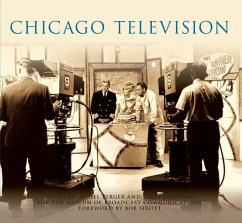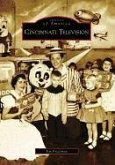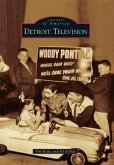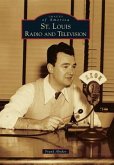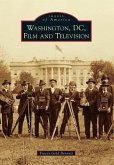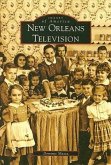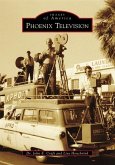The history of television in Chicago begins with the birth of the medium and is defined by the city's pioneering stations. WBKB (now WLS-TV) was the principal innovator of the Chicago School of Television, an improvisational production style that combined small budgets, personable talent, and the creative use of scenery and props. WNBQ (now WMAQ-TV) expanded the innovative concept to a wider audience via the NBC network. WGN-TV scored with sports and kids. Strong personalities drove the success of WBBM-TV. A noncommercial educational station, WTTW, and the city's first UHF station, WCIU, added diversity and ethnic programming. The airwaves in Chicago have been home to a wealth of talented performers and iconic programs that have made the city one of the country's greatest television towns. Chicago Television, featuring photographs from the archives of the Museum of Broadcast Communications (MBC) and the collections of local stations and historians, gives readers a front-row seat on a journey through the fi rst 50 years of Chicago television, 1940-1990. Founded in 1982 by broadcaster Bruce DuMont, the MBC Web site offers over 10,000 digital assets.

